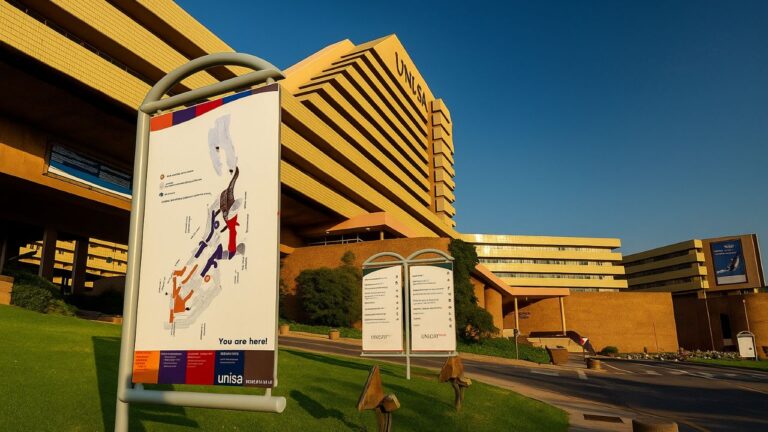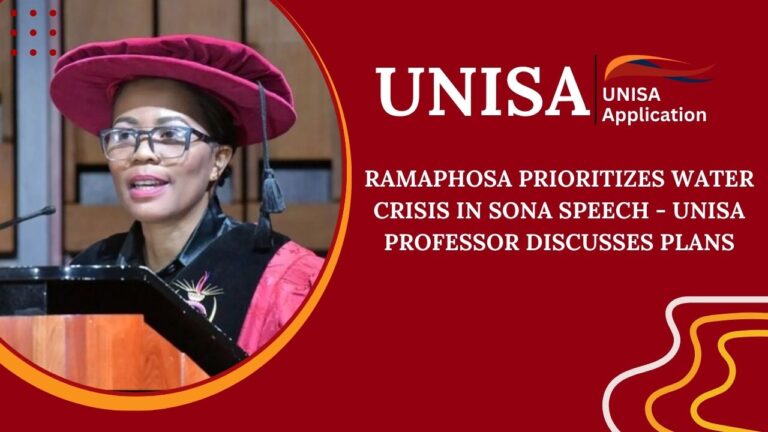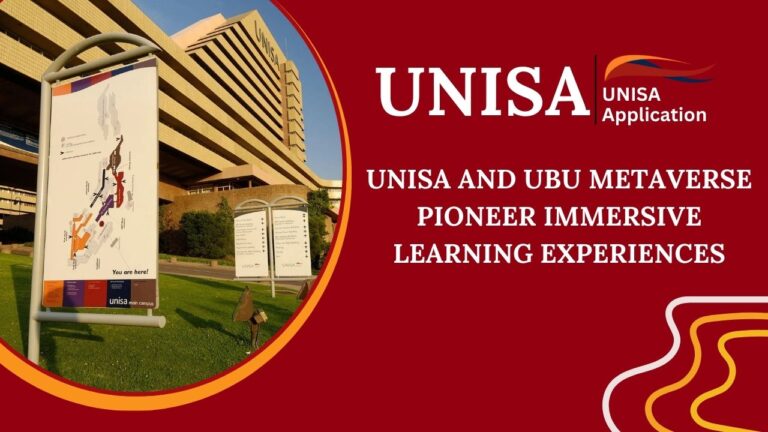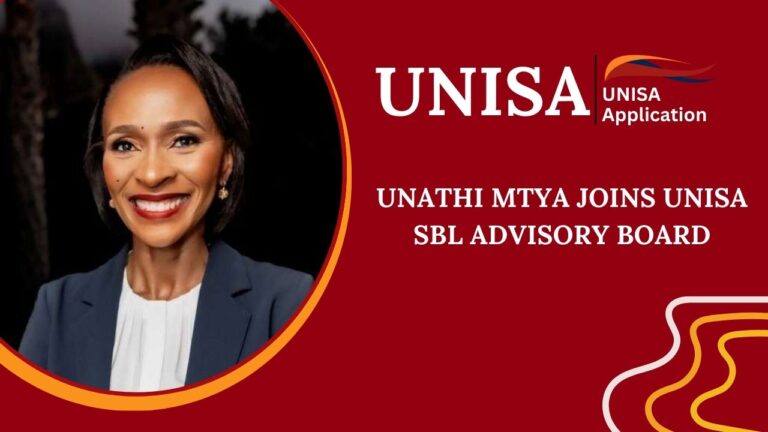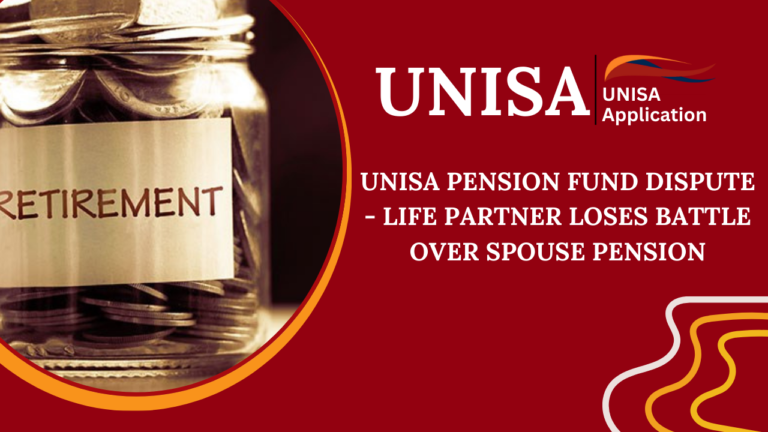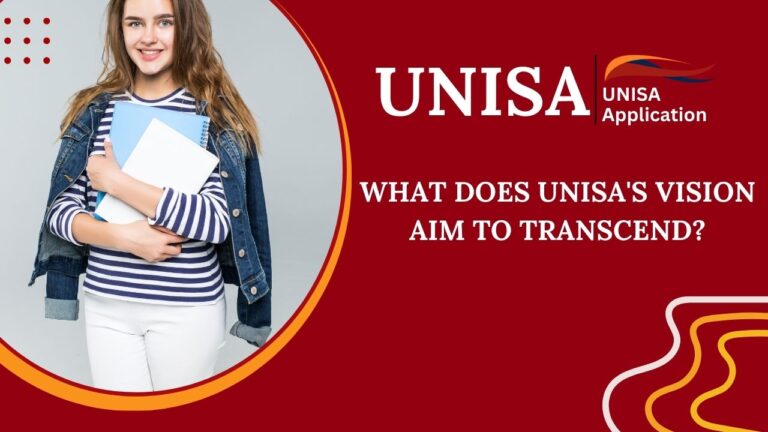UNISA Suspends Another Official Amid Allegations of Financial Irregularities
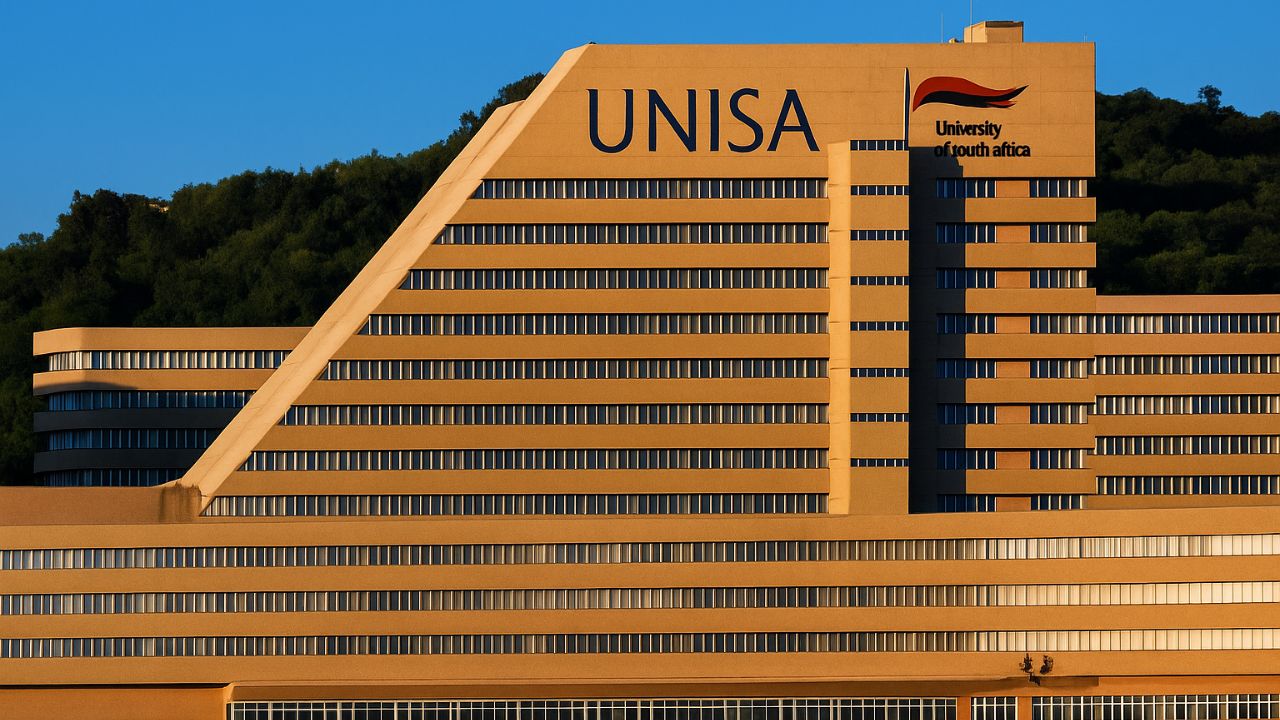
UNISA Suspends Another Official Amid Allegations of Financial Irregularities. The University of South Africa (UNISA) finds itself embroiled in yet another controversy, as another senior official has been suspended for allegedly exposing financial irregularities at the institution. This marks the second high-profile case within the university’s finance department where individuals who raised concerns about mismanagement have been placed on precautionary suspension, raising serious questions about accountability, transparency, and governance at one of the continent’s largest higher education institutions.
UNISA Suspends Official for Alleged Information Leak
At the centre of this latest development is Donald Ndlovu, Director of Expenditure and Asset Management at Unisa. Ndlovu was suspended at the end of April 2025, with the university accusing him of allegedly sharing sensitive financial information with an unnamed “third party”, suspected to be a member of the press.
According to Ndlovu, these allegations are completely unfounded. He has categorically denied the claim, labelling it a tactic to divert attention from real issues of financial misconduct within Unisa’s leadership. In a strong show of support, AfriForum’s Private Prosecution Unit, led by the well-known advocate Gerrie Nel, has stepped in to represent Ndlovu, stating that this is yet another example of the institution trying to silence whistleblowers.
The suspension of Donald Ndlovu follows a concerning pattern of disciplinary actions seemingly targeted at officials who have attempted to bring financial misconduct to light. Ndlovu, in his capacity, oversaw key financial operations, making his role critical in maintaining institutional accountability.
A Pattern of Targeting Whistleblowers
This is not the first time a senior official has faced disciplinary action for allegedly questioning financial decisions. Since April 2024, the AfriForum Private Prosecution Unit has also been representing Dr Reshma Mathura, Unisa’s Acting Vice Principal for Finance, Supply Chain Management (SCM), and Business Enterprises. Mathura has been on suspension for over a year without conclusion to her disciplinary hearing—despite reports that multiple investigations cleared her of any wrongdoing.
There are strong suspicions that Dr Mathura’s suspension is directly tied to her role in assisting law enforcement with a Hawks-led investigation into financial malfeasance at Unisa. Reports suggest she may have had access to and disclosed incriminating documents that exposed irregular spending and corrupt dealings within the institution.
Advocate Gerrie Nel drew parallels between the two cases, calling both suspensions “amateurish” and indicative of a coordinated effort to cover up financial mismanagement. He warned that the institution’s attempts to purge officials who act with integrity would ultimately fail.
R500,000 Spent on ANC Gala Dinner Raises Eyebrows
One of the most shocking revelations linked to these ongoing suspensions is the allegation that Unisa spent R500,000 to send ten senior officials to an ANC gala dinner in Cape Town in 2024. The extravagant expenditure, which appears to have no direct benefit to the academic mandate of the institution, has prompted outrage from various stakeholders, including staff, students, and civil society organisations.
Though this ANC dinner claim is cited in connection with Ndlovu’s suspension, Nel insists that there may be other motives at play. The Prosecution Unit has requested that Unisa provide concrete evidence supporting the suspension, stating that they have developed a separate theory regarding the true reasons behind the action taken against Ndlovu.
Calls for Transparency and Governance Reform
These events have drawn criticism not only from advocacy groups but also from education analysts and members of the public who demand greater accountability in public universities. With billions in taxpayer funds flowing into institutions like Unisa annually, the expectation is that finances are managed with integrity, efficiency, and transparency.
The National Department of Higher Education and Training (DHET) has been urged to step in and conduct an independent audit of Unisa’s financial governance structures. There is growing concern that unless decisive corrective measures are taken, Unisa’s credibility and academic mission could be further compromised.
AfriForum’s Involvement
The role of the AfriForum Private Prosecution Unit has been central in both Ndlovu’s and Mathura’s cases. Known for taking on high-profile corruption and misconduct cases, the unit has positioned itself as a watchdog against institutional abuse of power.
In his letter to Unisa senior management, Advocate Gerrie Nel did not mince words. “The efforts to silence and rid the institution of people with integrity and an understanding of their duty to manage the finances of the Institution will not succeed and will eventually be exposed,” he said. The strong language underscores the gravity with which the unit views the current developments.
UNISA Financial Mismanagement Crisis
| Date | Event |
|---|---|
| April 2024 | Dr Reshma Mathura suspended; AfriForum begins legal support |
| Late 2024 | Investigations reportedly clear Mathura of corruption |
| Early 2025 | Allegations of ANC dinner costing R500,000 emerge |
| April 2025 | Donald Ndlovu placed on precautionary suspension |
| May 2025 | AfriForum formally represents Ndlovu and demands evidence of charges |
Conclusion
The Unisa suspension is more than a bureaucratic action—it’s a signal of deep-rooted challenges in financial governance within one of South Africa’s flagship institutions. As questions mount over the integrity of leadership, public confidence in Unisa continues to erode.
At a time when students face financial difficulties, academic standards are under scrutiny, and the broader education system is strained, institutions like Unisa must commit to transparency, ethical leadership, and protection of whistleblowers. The country cannot afford to see its educational institutions becoming playgrounds for unchecked mismanagement.

